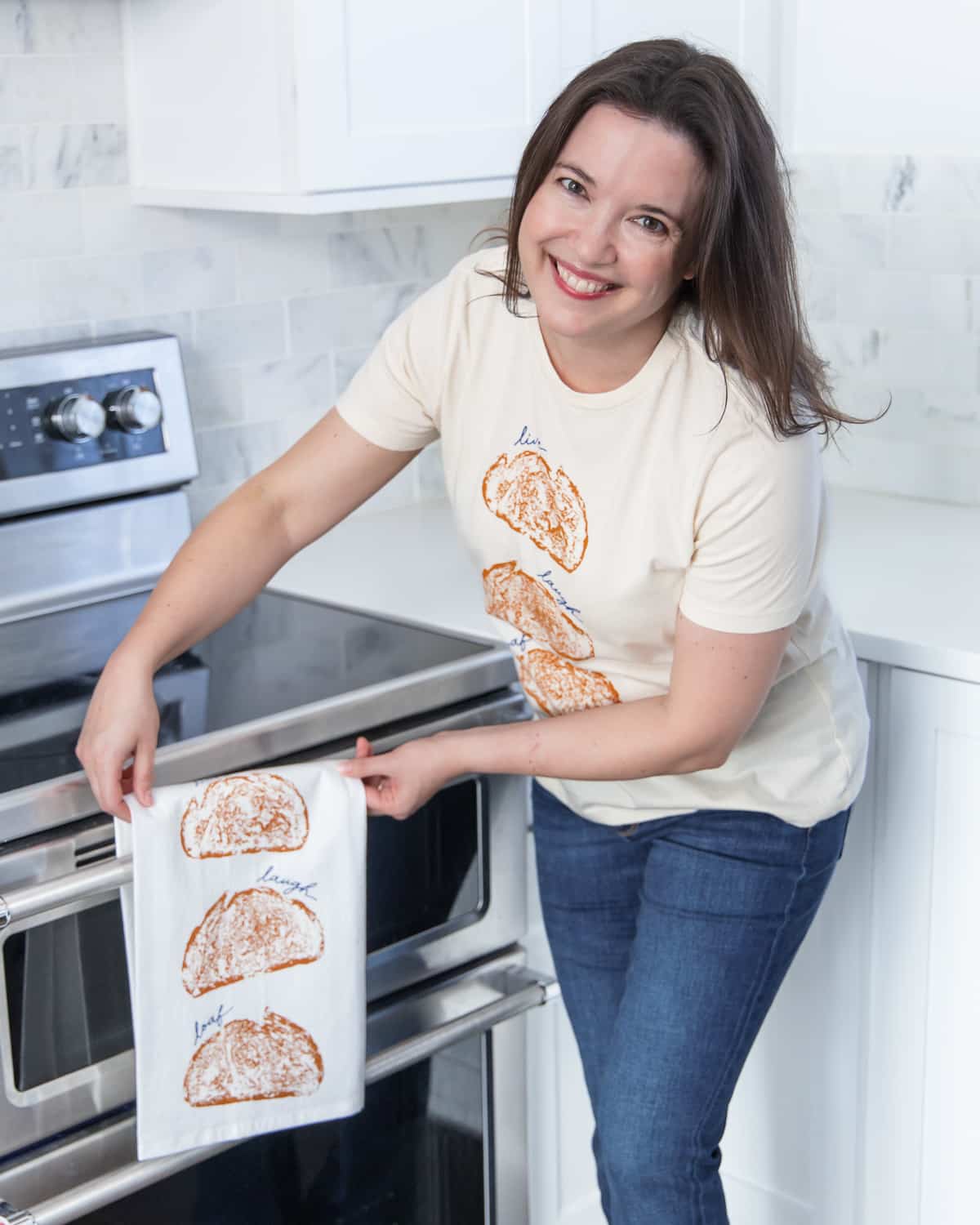A look at the events, issues, and innovations shaping specialty food, plus industry news, trends, and more.
Frozen’s Celebrity Power
Jennifer Lopez and Alex Rodriguez have teamed up to create nutritious food fast with Tiller & Hatch, their new frozen meal kit delivery service with offerings like farfalle with marsala sauce and chicken and coconut chicken stew with vegetables and rice. These superstars partnered with entertainment industry caterer Bruce Hecker to develop eight nutritious and budget-friendly recipes for families, available by subscription or per bag at Walmart. They arrive frozen so no prep is necessary. Up next will be options for vegetarians and paleo eaters.

Twist and Serve
Philadelphia’s La Colombe Cafe is waking up the RTD coffee segment with a limited-edition self-heating can that’s activated by turning the cap clockwise and waiting two minutes for the coffee to heat up. Safe and recyclable, the secret is a small patented heater built inside the shelf-stable can. Available for $5 a can; Wegmans plans to stock it soon.

Make It a Double: Upcycled Vodka
Artisan creameries have a new revenue stream—vodka. Normally derived from potatoes or rye, whey vodka, which is mildly sweet with a smooth finish, has developed a following in the Northwest. Dr. Paul Hughes, assistant professor of Distilled Spirits at Oregon State University, who has consulted with more than a dozen creameries from Oregon to Canada over the last two years, estimates “that a creamery selling cheese for around $40/pound could earn an additional $20 in alcohol retail sales for every pound of cheese, inclusive all costs but profit.” He adds, “This is a good way of significantly reducing their effluent costs.”
Without expensive equipment, a small creamery either pays a fee to have the whey transported to a landfill or uses it as fertilizer or feed. With every pound of cheese producing up to nine pounds of whey, that cost can add up. Hughes’ research shows that partnering with a distiller or independently creating whey vodka is both environmentally sustainable and cost-effective for small creameries.

Food for the Soul
Jon Bon Jovi has a calling beyond rock n’ roll: battling food insecurity. He and his wife created JBJ Soul Kitchen, a nonprofit community restaurant as part of their Jon Bon Jovi Soul Foundation, to tackle the issue. Their most recent effort is the opening of the first college location at Rutgers University, Newark. Instead of serving food with set prices, the restaurant offers a locally sourced three-course meal for a pay-it-forward donation of $12 or more—or the opportunity to volunteer in exchange for food. Tasks include folding napkins and preparing tables, with returning volunteers taking on more in-depth assignments.
“We’ve had over 200 volunteers donate their time to the Soul Kitchen since our opening. They’ve been both in-need students and support staff, and many return weekly,” notes Brian Conway, resident district manager. “The numbers on college food insecurity are staggering. This program really makes a difference.”

Farm Fare Connects the Dots
Sourcing locally can be challenging for high-volume buyers. Enter Farm Fare, an e-commerce platform that connects region-wide food hubs, food producers, and food buyers with an area’s local food products via a one-stop shopping experience and delivery service. “By providing access to the region’s inventory, food establishments have greater confidence in consistent fulfillment of orders, a hardship food establishments typically note when trying to source locally,” notes Cullen Naumoff, co-founder of Ohio-based Farm Fare.
“What’s more, when regional family farmers work together to support wholesale market channels, they’re able to more effectively plan what to plant each year based on regional demand and supply.” Farm Fare is currently developing the second version of its platform in hopes of “supporting our partners and core software customers, food hubs, in other regions of the country.” She adds, “We know that when regional food assets work together, they achieve competitive efficiencies without having to compromise their ethics and get ‘big’ to survive.”

Bag It: Non-Plastic, Dissolvable, Drinkable
The world is on a quest to end plastic bag usage. The Solubag will make it easier. Winner of the ProChile Innovative Summit’s Latin America’s innovation award, the bag is biodegradable and dissolves in water in three minutes. And it’s drinkable because it’s made from the same ingredients used to make pharmaceutical capsules. The material also can be used to make other dissolvable products like disposable clothing, garbage bags, gloves, crates, food containers, and dishes. Available in cold or hot versions, the hot is safe to use in rainy or humid conditions because it breaks down only in hot water. If not dissolved, the bags biodegrade in 180 days, as opposed to a plastic bag that remains for 500 years. An added plus is that the bags can be made with existing machinery for flexible plastic films, so manufacturers can easily make the switch. Solubag produces the bags and sells them through distributors or directly to retailers.

High-Tech Trends on the Horizon
The next decade holds big changes for the U.S. food and beverage market, according to Mintel’s “Global Food and Drink Trends for 2030” report. Successful companies will embrace conscious consumption that improves the health of the population and the planet. Piggy backing on personal health testing kits, brands will need to offer more personalized product offerings, develop smart home solutions, and assist consumers in addressing mood and brain health. Additionally, consumers will experience a growing trust in food science and technology as they will be viewed as vital tools to save the food supply.
Denise Shoukas is a contributing editor to Specialty Food.
from Food Trends https://ift.tt/3fwGvdH





0 comments:
Post a Comment